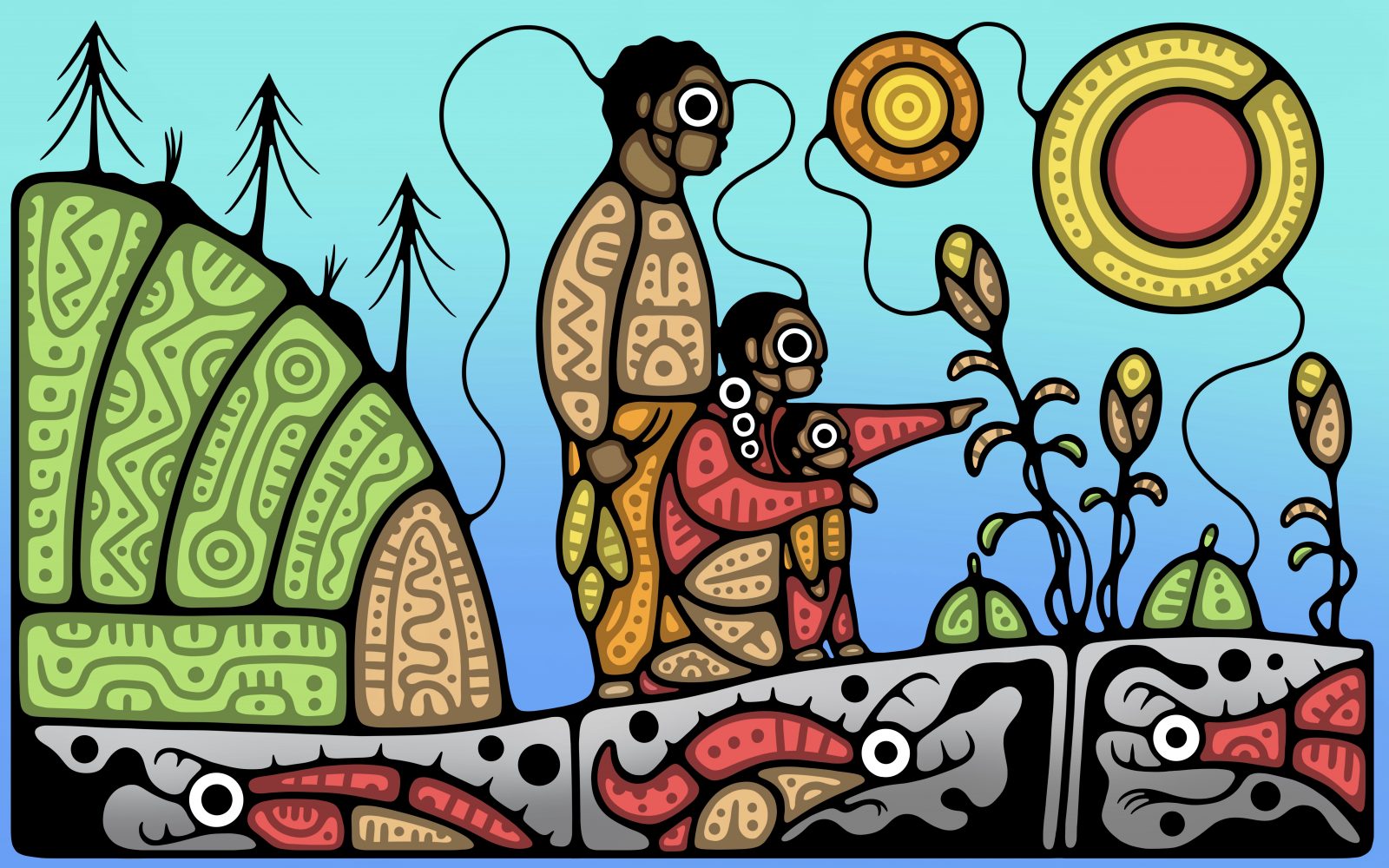Thursday, June 20; 1-2:30 p.m. EST (10-11:30 a.m. PDT)
To amplify and centre Indigenous voices at the cutting-edge of climate research and policy, the Canadian Climate Institute, in partnership with the Centre for Indigenous Environmental Resources, will host a roundtable discussion on June 20 with the authors of three new case studies in our Indigenous Perspectives series. These case studies showcase the work of Indigenous researchers, Knowledge Holders, water protectors, and community members and will be published on our webpage on Monday June 17, 2024.
Register now for our roundtable discussion featuring the authors of our new case studies. An audience Q&A session will follow the panel discussion.
The discussion will highlight how Indigenous self-determination and knowledge are integral to designing effective regional, provincial, territorial, and national climate policies, exploring:
- Community-responsive policy development to support Indigenous climate agricultural adaptation movements and food sovereignty outcomes. Author: Nicole Davies.
- Reflective strategies Inuit have used to ensure appropriate engagement and representation of their knowledge, laws, and worldviews in climate policy. Author: Alexa Metallic.
- Decolonizing climate policy through ceremony based on research, collective experiences, and the findings from the B.C. Assembly of First Nations Spiritual Knowledge Keepers Gathering on Climate Change. Authors: Naqsmist—Elaine Alec, Ryan Day, Jake Rogger, Christopher Derickson, Moe Nadeau, Lydia Pengilley.
We’ll also tackle questions of decolonization and unpack “Two-Eyed Seeing,” a concept where Indigenous and Western knowledge systems can complement one another’s strengths to help inform and create holistic policies for the benefit of all.
Sign up for our Indigenous Research newsletter to stay up to date on our activities, partnerships, and upcoming research.

